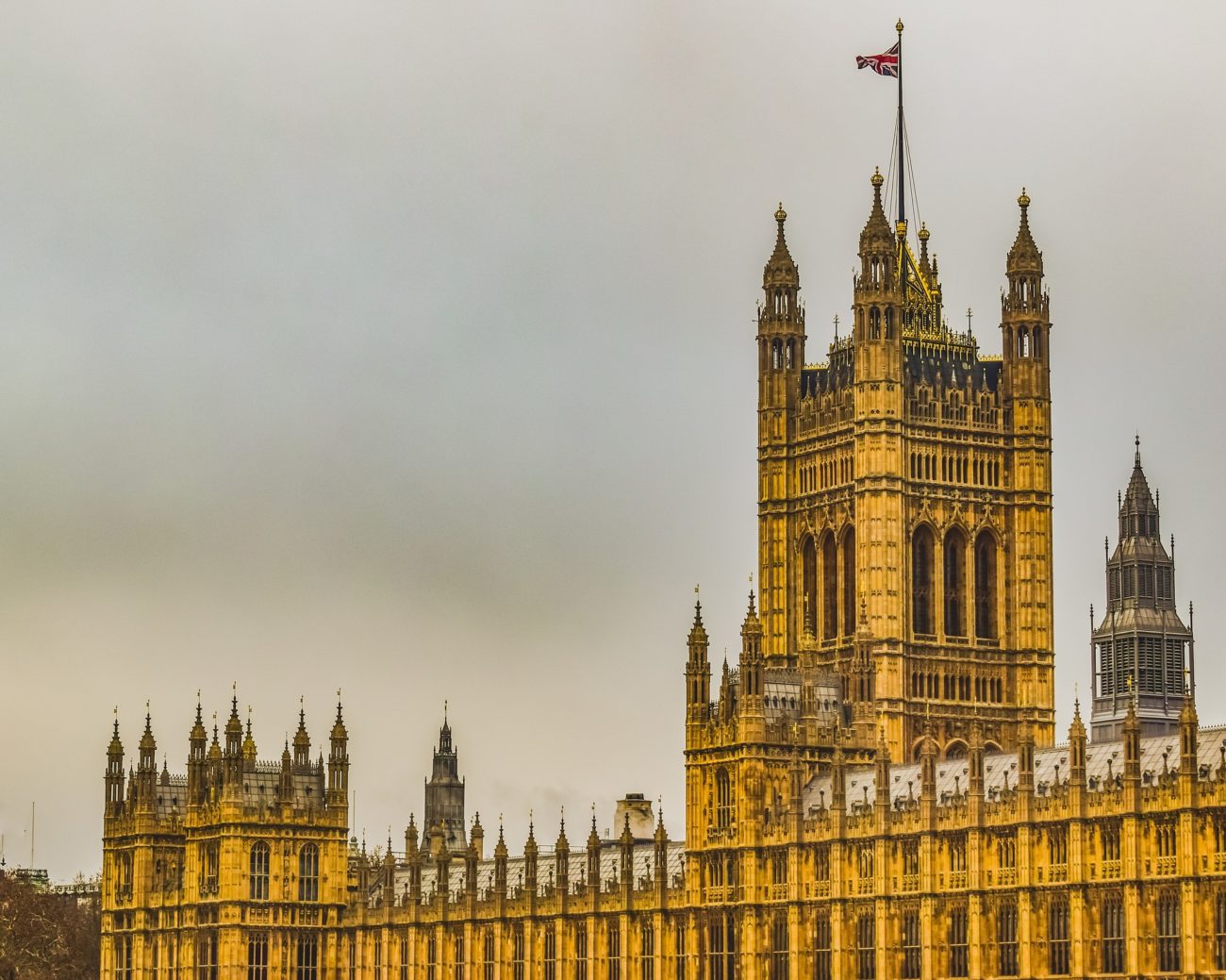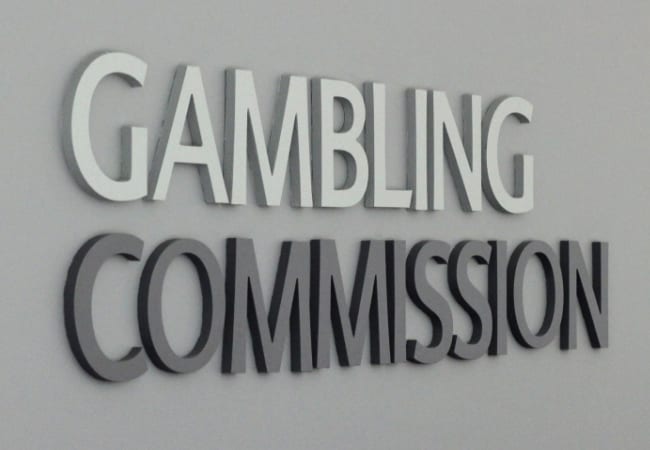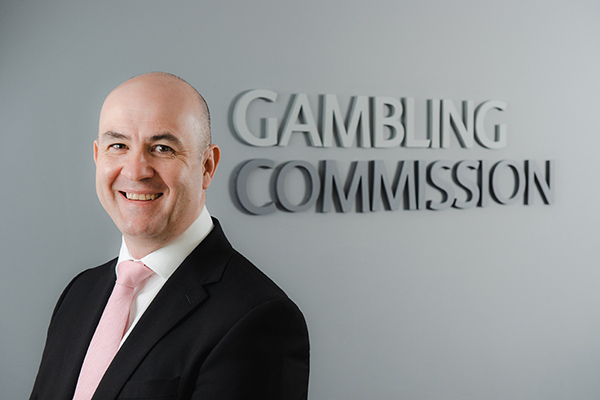On the road to ICE, iGB will prep you for the biggest show of 2024 with this new series covering the latest developments since 2023's show.
The Gambling Act review white paper was a huge landmark for the UK gambling industry. The white paper outlined how gambling should be regulated in the UK going forward. Key terms included consultations on stake limits, a mandatory statutory levy for operators and the introduction of an ombudsman.
However, affordability checks have continued to be one of the reviews’ most debated issues. While many in the industry agree with the white paper’s proposals, affordability checks were met with fierce opposition from operators and trade bodies.

The need for affordability checks
Many of the white paper’s proposals were made with the intention of protecting vulnerable groups. Gambling Commission research published in November revealed that one in 40 Britons is a problem gambler.

Lucy Frazer, the secretary of state for the Department of Culture, Media and Sport (DCMS), stated the DCMS would “force” operators to ramp up their affordability checks.
Players who lose £1,000 within 24 hours, or £2,000 over 90 days, will be subject to financial risk checks. Those who have a net loss beyond £125 each month, or £500 per year, will also have “passive” checks performed.
This was suggested in spite of research from sports betting community OLBG, which found over 65% of British punters who bet up to £1,000 per month would not be willing to provide documents as part of affordability checks.

The industry response
The industry response to affordability checks has been very strong, with a general belief that financial checks will prove harmful for business.

Andrew Rhodes, Commission chief executive, said affordability checks made up many of the responses to the white paper consultations.
In response to some saying affordability checks would drive gamblers to the black market, Rhodes declared those fears were “overstated”.
But pressure continued to come from the industry. The Gamblers Consumer Forum (GCF) contacted the UK’s statistics regulator to point out concerns over figures used by the Commission – principally, the numbers of players set to be affected by affordability checks.
The Commission penned an open letter to Racing Post readers to “clear up misunderstandings” over the financial risk check consultations. The Commission accused the Racing Post of publishing “imbalanced stories”.

Rhodes also delivered a speech at the International Association of Gambling Regulators, attacking critics over what he called “deliberate misinformation”.
GamCare came out in support of the enhanced affordability checks, although the charity also outlined concerns over the threshold level.
Jockey Club CEO launches petition against checks
A potentially pivotal moment in the industry’s fight against affordability checks was in early November. This saw Jockey Club chief executive Nevin Truesdale launch an online petition rallying opposition against the checks.

The Jockey Club believes affordability checks could cost the racing industry £250m over the next five years. It was also claimed that bettors may have to prove they can afford their hobby if they lose £1.37 per day.
By the end of November, the petition had reached 100,000 signatures. This was enough to ensure that affordability checks would be considered for a debate in parliament. After the issue was discussed in Westminster Hall in January, there is set to be a debate in late February.

“The fact that our survey reached the required 100,000 signatures threshold in just 27 days is powerful testament to the strength of feeling shared by bettors over the proposed checks,” said Julie Harrington, chief executive of the British Horseracing Authority (BHA).
Black market a risk associated with checks
While affordability checks were intended to protect vulnerable groups, there have been suggestions that financial risk checks could instead drive them towards unregulated play in a bid to continue gambling.

Rhodes again came out to dismiss that argument at a November CEO briefing, the largest-ever meeting of industry leaders. He reiterated the risk of “intrusive” affordability checks driving some to illegal gambling was “overblown”.
“That does not mean there is no risk, as I have said many times,” he added. “It does not mean there are no problems. I hear quite a lot of examples from you, but we need to turn that into something we can action.”
Despite Rhodes’ confidence that the proposed affordability checks will not lead to a rise in illegal gambling, 50-year UK industry veteran David Brown disagreed.

“This present scenario of potentially highly intrusive affordability checks is likely to encourage illegal operators within Britain,” Brown said in an interview with iGB. “There is no room for complacency here.
“A wise position would be to be alive to the threat of illegal activity and work collaboratively as an industry to identify it and prosecute under the law.”





